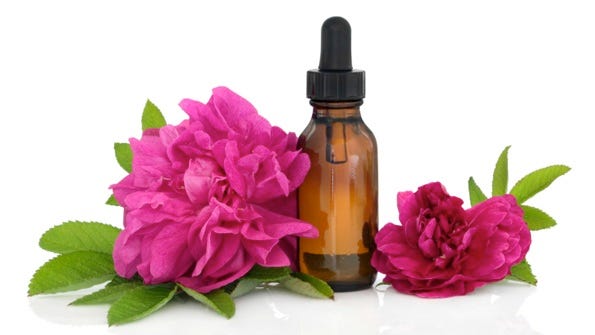Organic personal care: Has anything changed since 2002?
The natural and organic personal care space is vibrant and growing. But when it comes to "organic" claims, have we made progress since 2002?

 There’s no doubt that the natural and organic personal care industry is booming. On the consumer side, demand for safer, cleaner products is on the rise. On the manufacturer side, large corporations are removing chemicals of concern and small natural brands are continuing to push the envelope in innovation.
There’s no doubt that the natural and organic personal care industry is booming. On the consumer side, demand for safer, cleaner products is on the rise. On the manufacturer side, large corporations are removing chemicals of concern and small natural brands are continuing to push the envelope in innovation.
But, when it comes to “organic” personal care claims and confusion about them, has much changed?
We recently came across an article from Delicious Living, our New Hope Natural Media consumer publication, about organic personal care. Comparing the content from 2002 to an interview I recently did with Natural Foods Merchandiser on the same topic reinforced that there is still a need for clarity and regulations when it comes to "organic" personal care products. Take a look at this then-and-now snapshot.
“Beauty Ingredients Await A Makeover”
What we reported in 2002: Those of us who eat organic products usually want to apply their equivalent to our hair and bodies, too. But because there is currently no official standard for personal care products, labels claiming to be ‘all natural’ or ‘organic’ can be misleading.
“Clearing up personal care label confusion”
What we reported in 2013: The organic personal care industry is still relatively new. At this point, neither the Food and Drug Administration [which regulates the cosmetics industry] nor the U.S. Department of Agriculture [which monitors the use of the term organic in the food industry] has established standards to regulate “the O word” for cosmetic product labels or marketing materials. This means that “organic” personal care could contain no organic content at all. The only exception is in California, where products that make the claim are required to contain at least 70 percent organic content.
Organic personal care progress
However, looking just at the similarities of these two pieces neglects the strides we have made. Today, personal care products are eligible for USDA Organic certification and the newer NSF/ANSI 305 “contains organic ingredients” standard developed specifically for personal care products. So, companies can now attain that certification to support their claims.
Plus, while neither the USDA nor the FDA regulate the use of “organic” (or “natural” for that matter) on labels, retailers such as Whole Foods are doing their part to require honest labeling.
The takeaway: we’re making progress ... but still have a ways to go.
About the Author
You May Also Like




